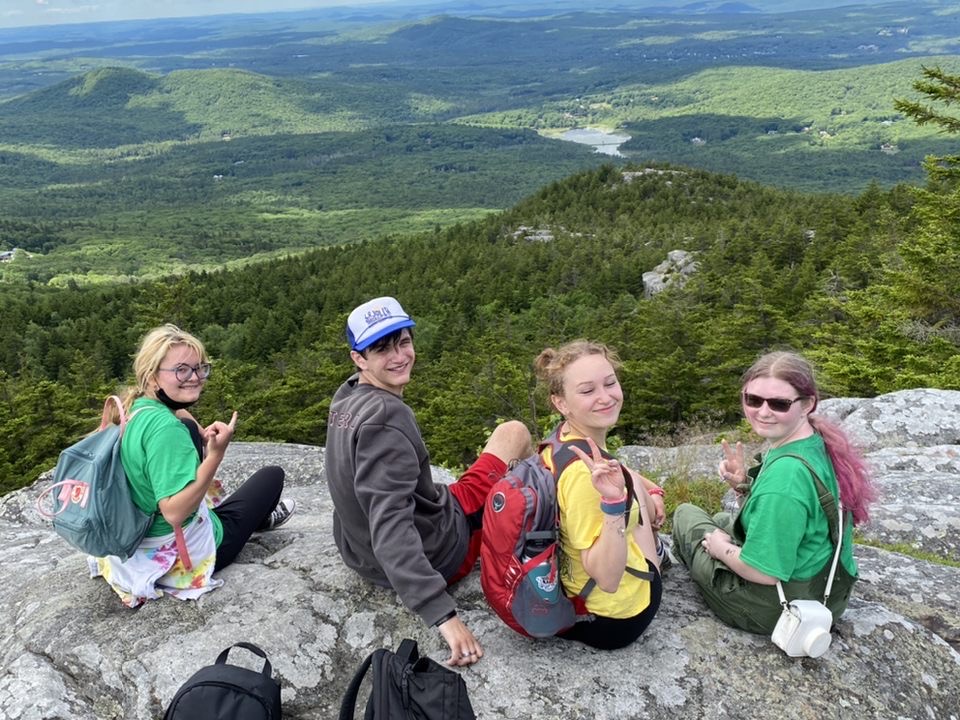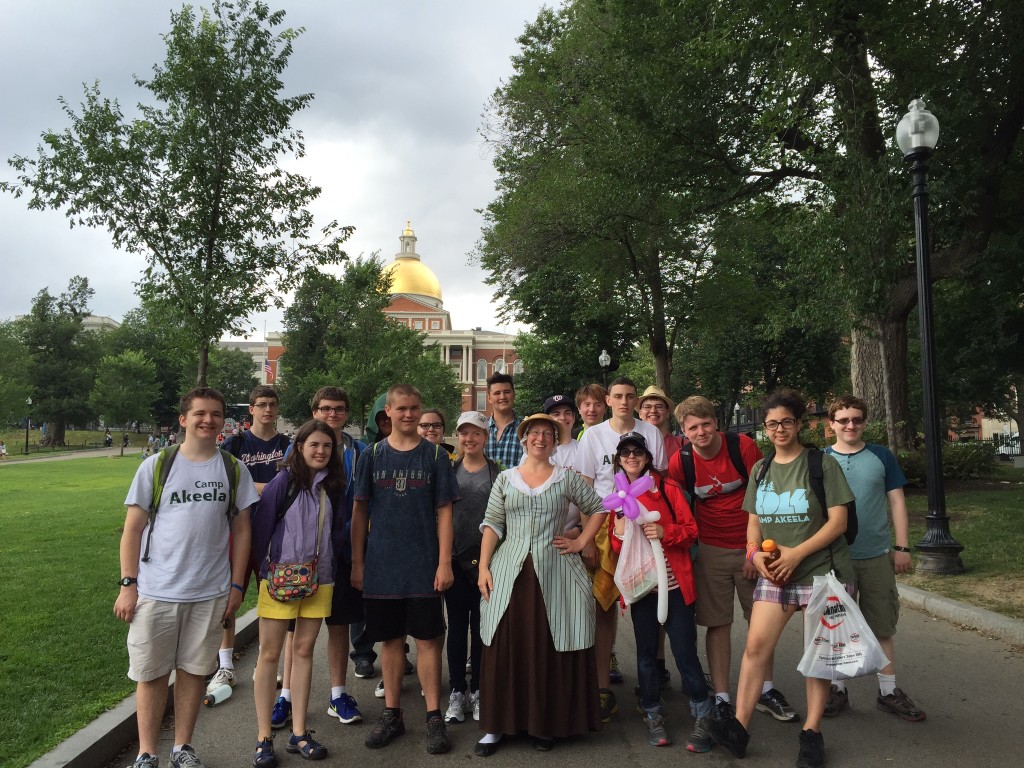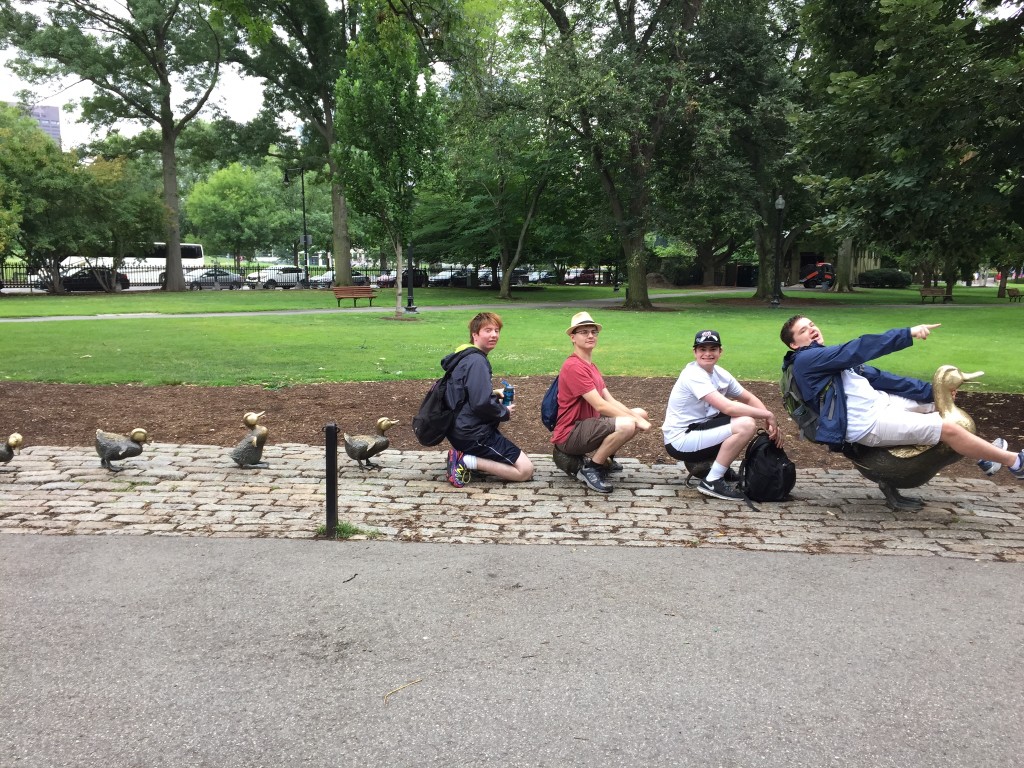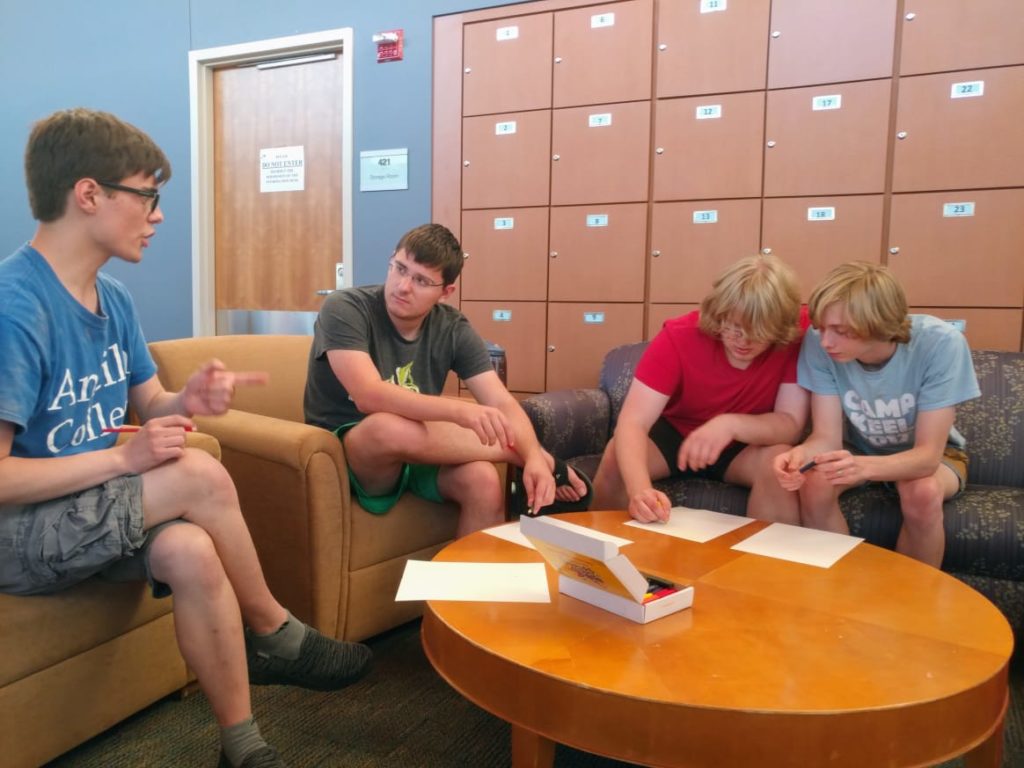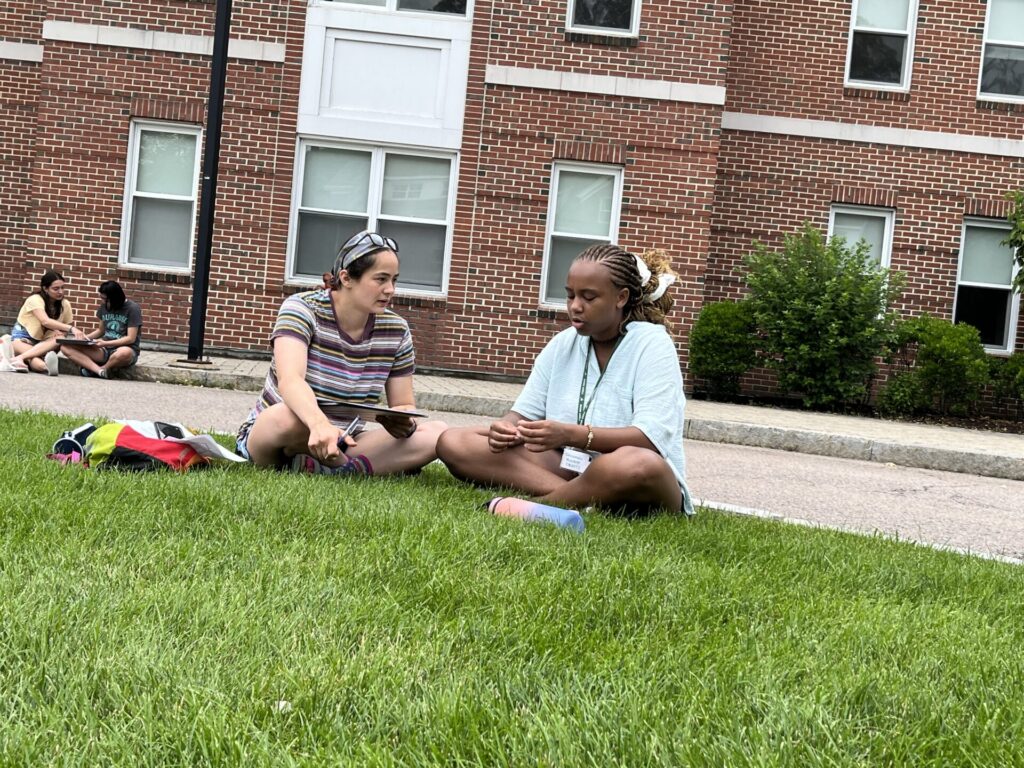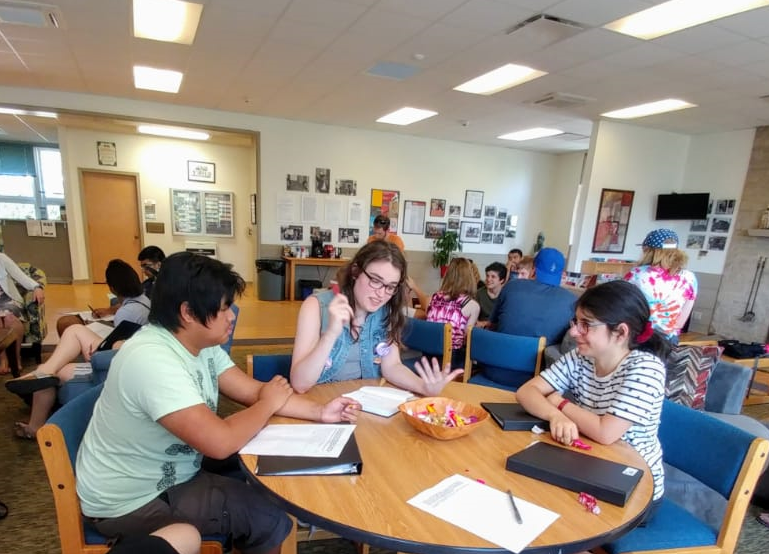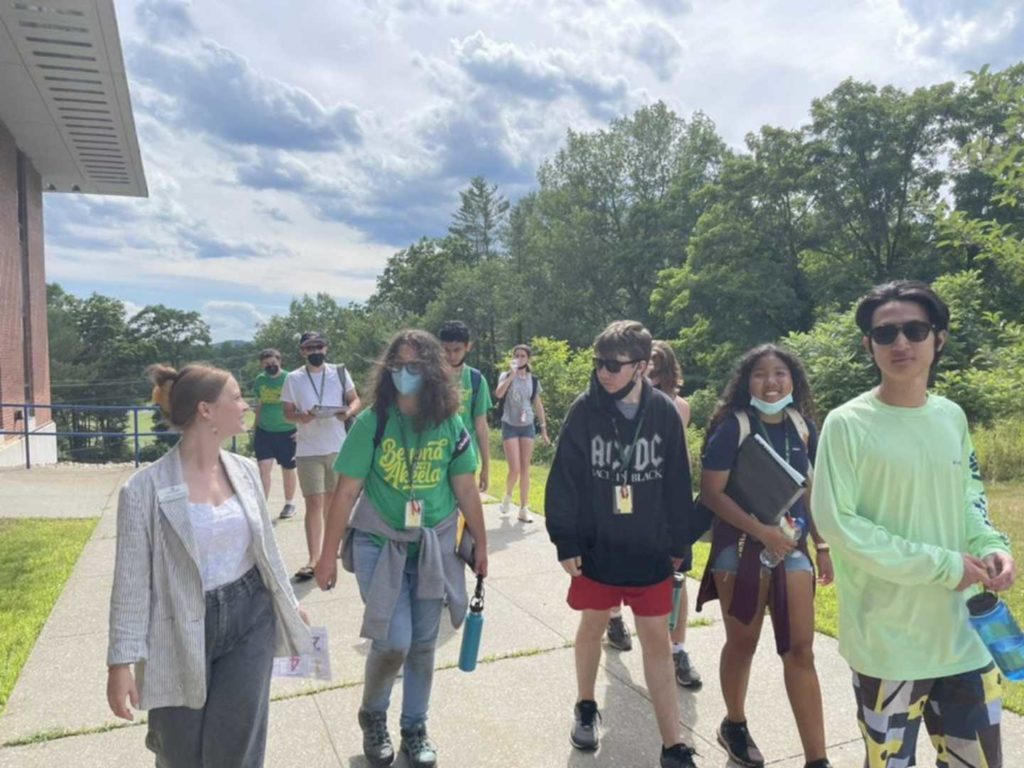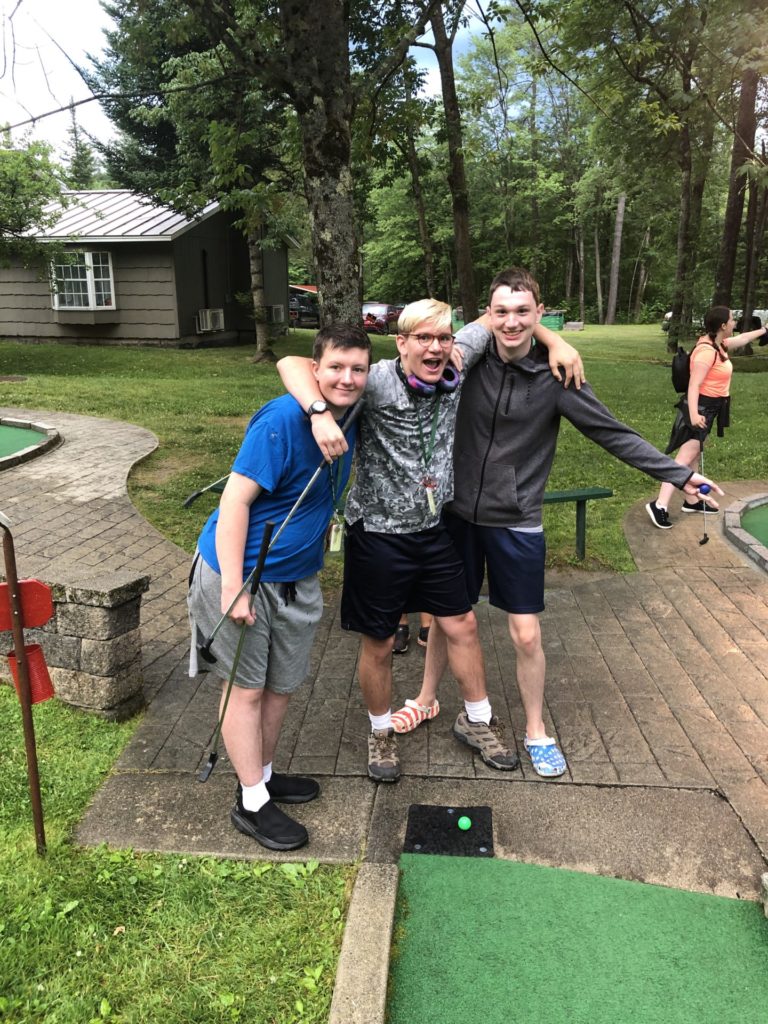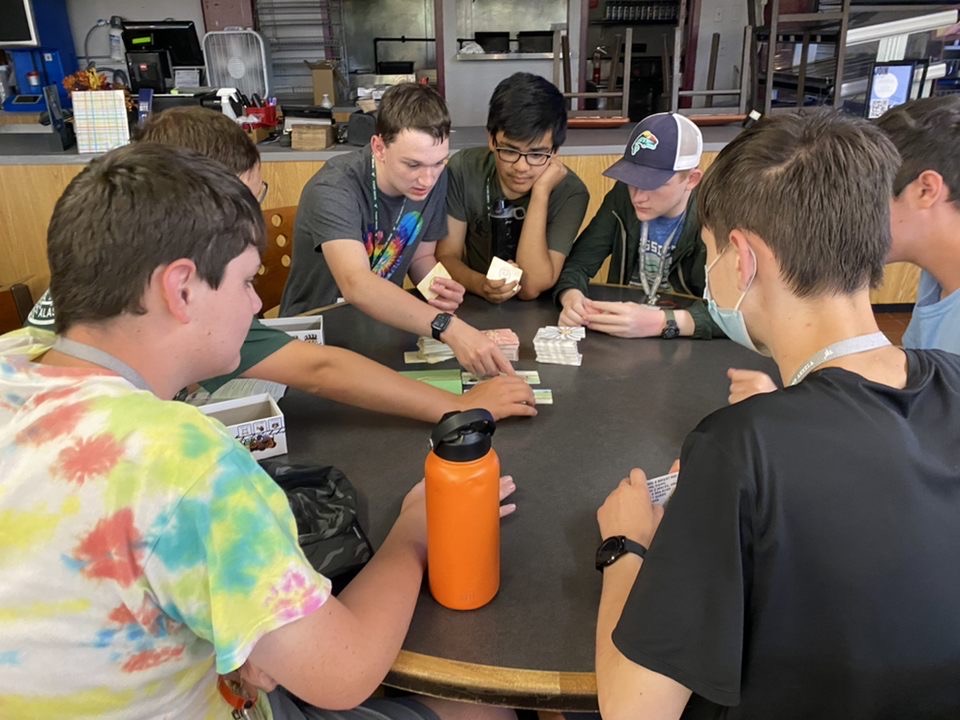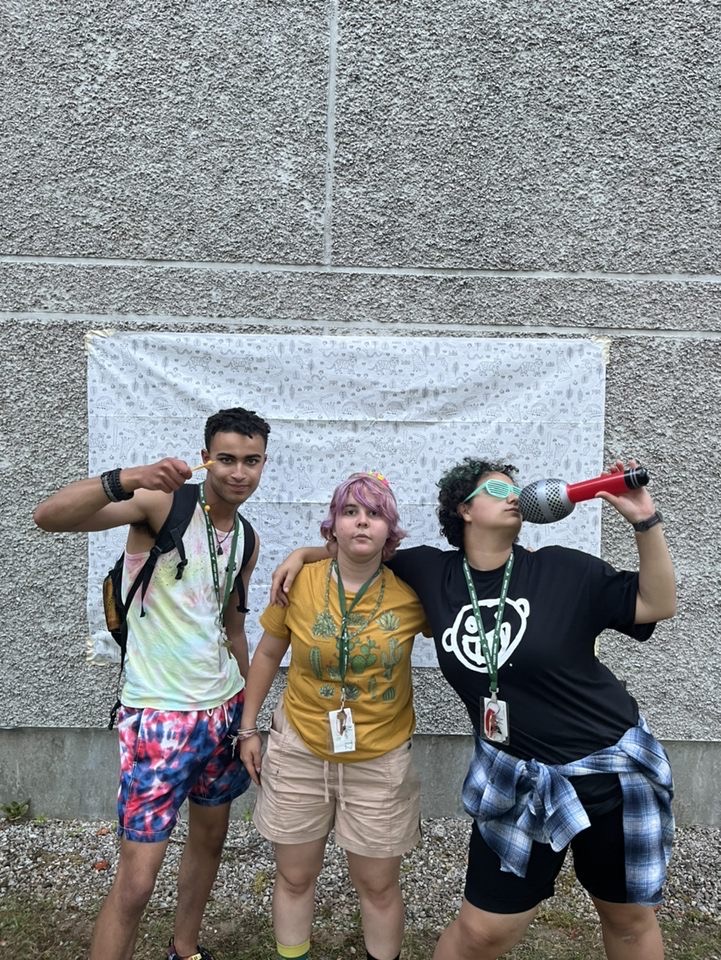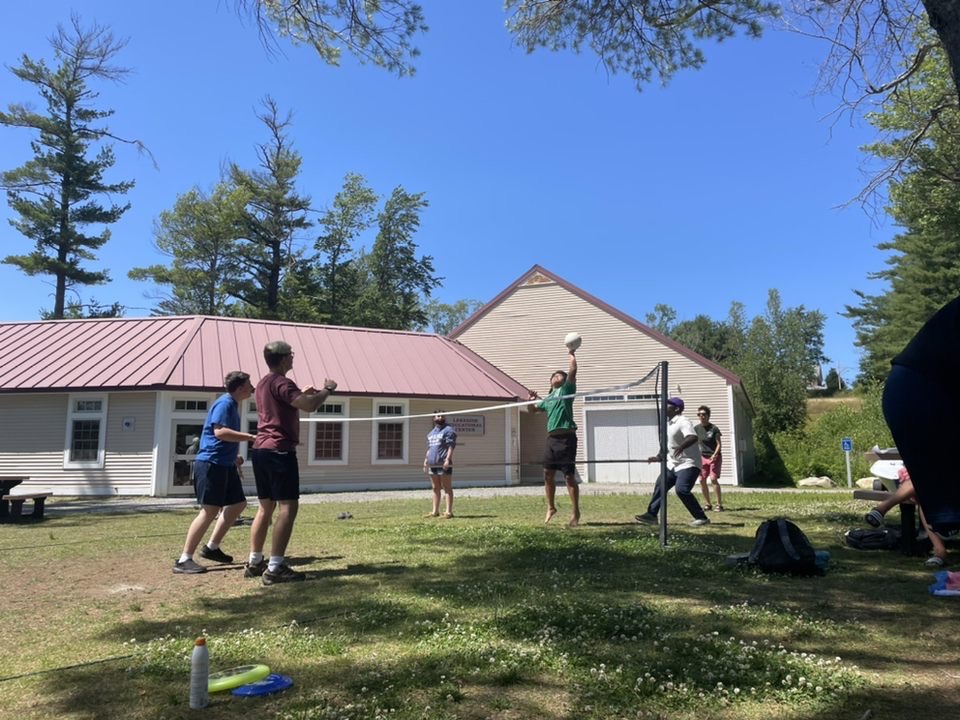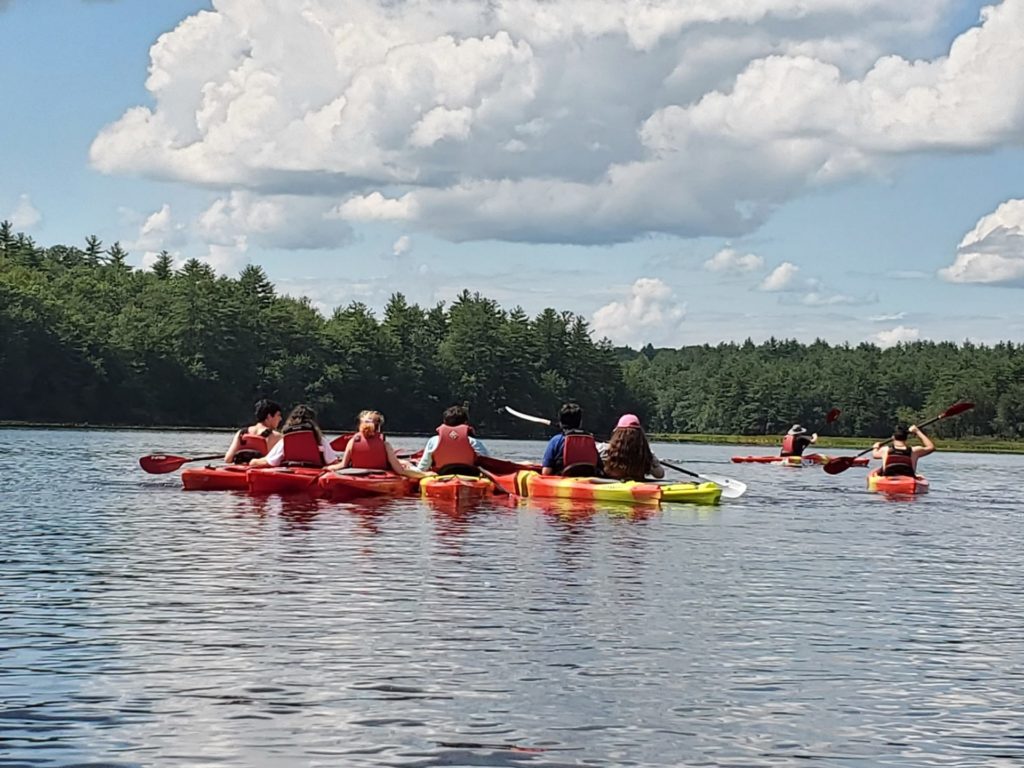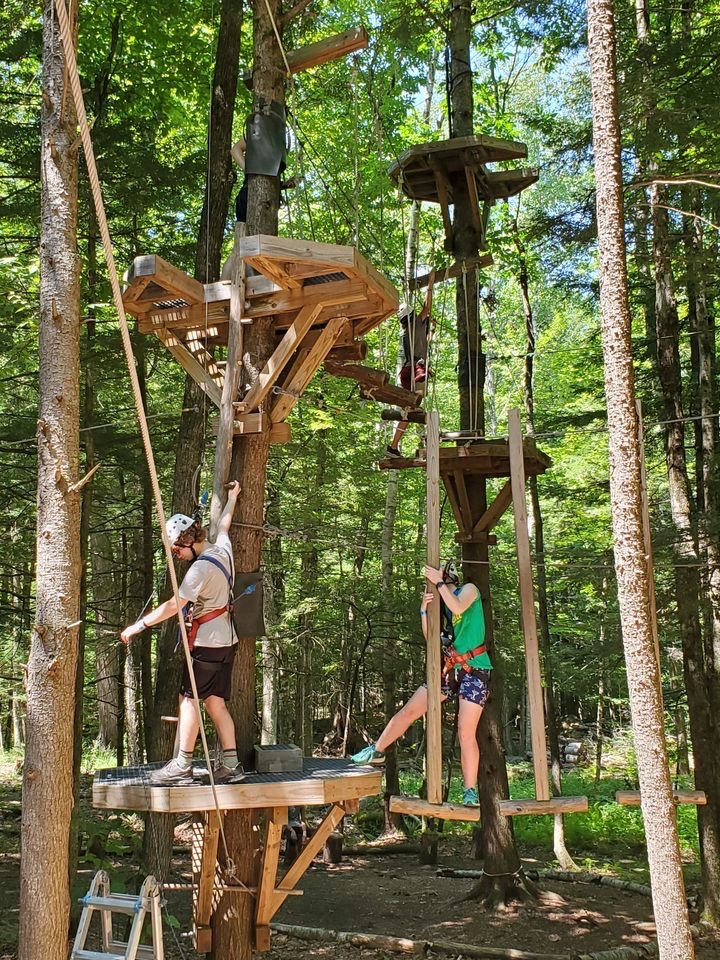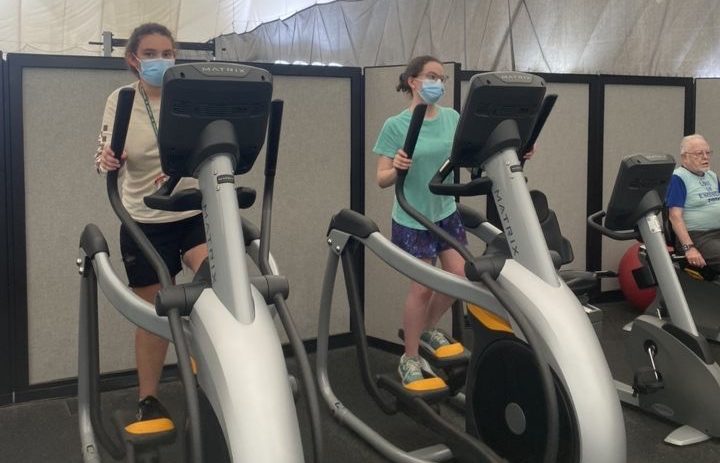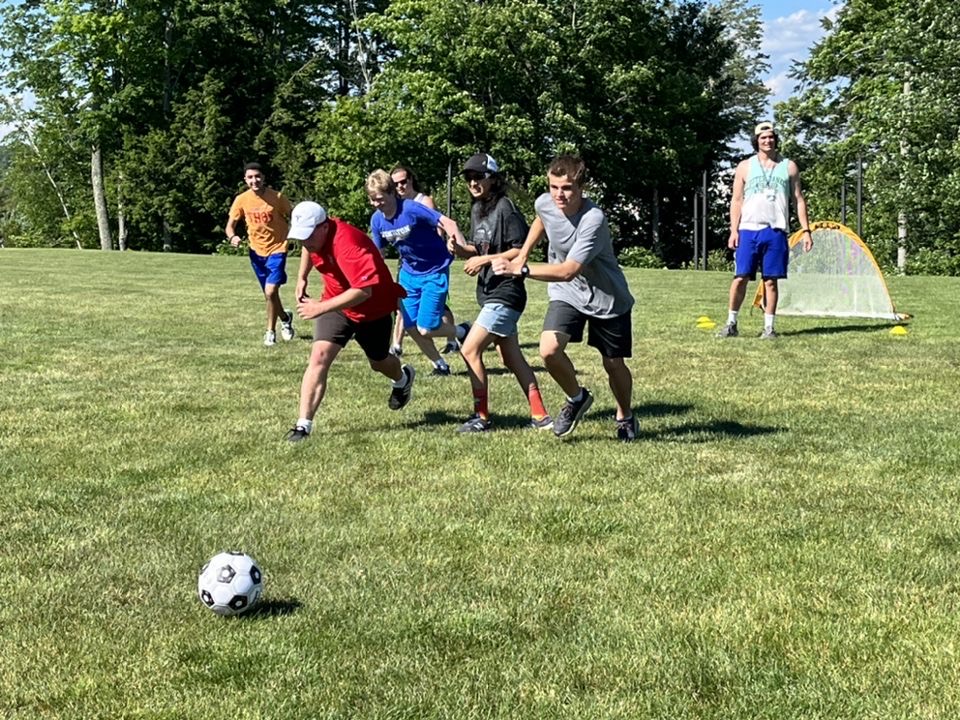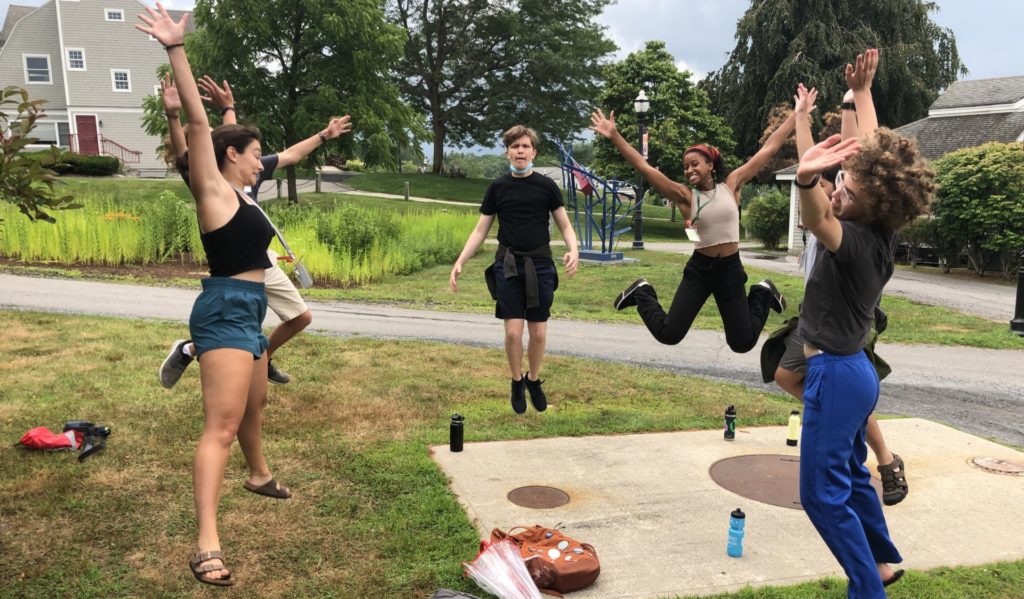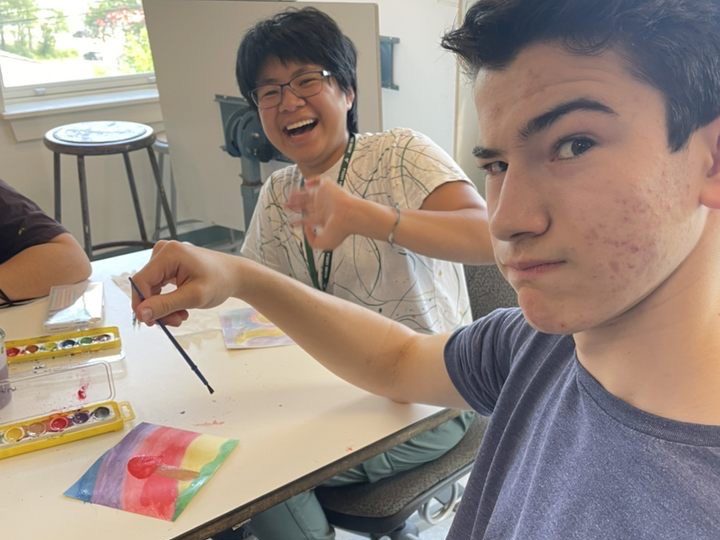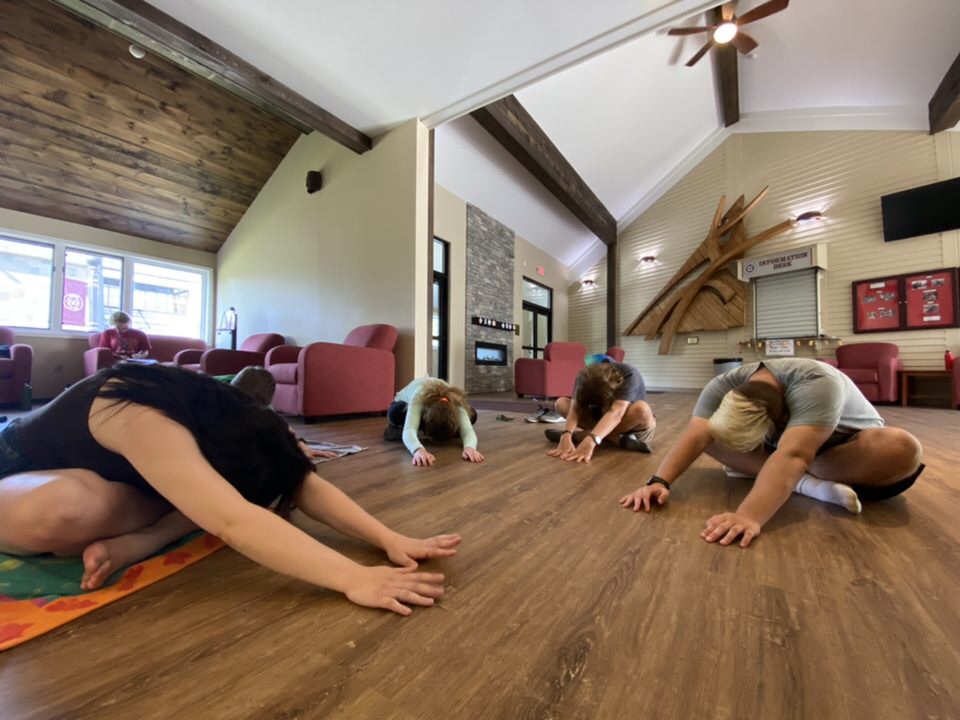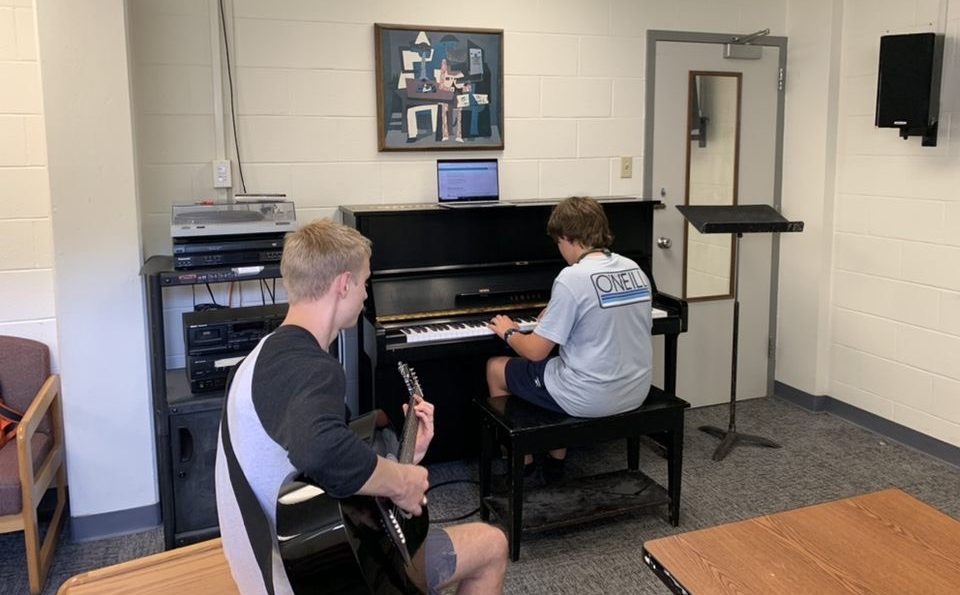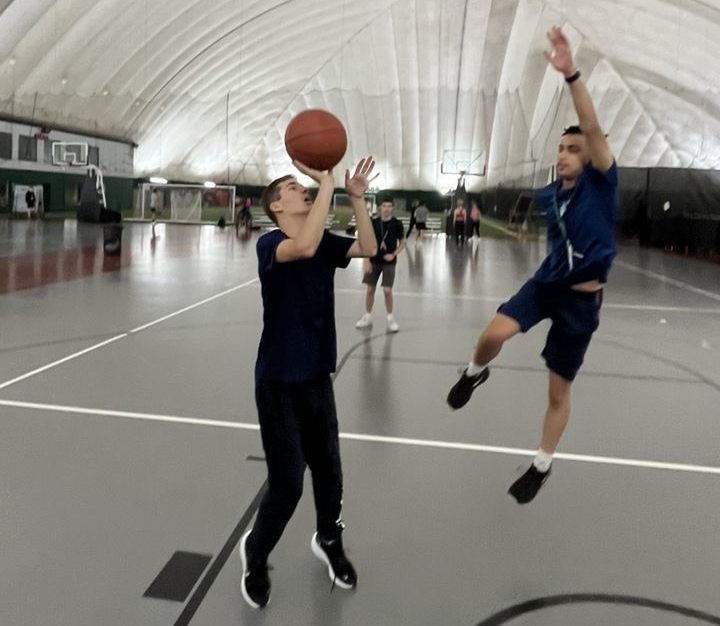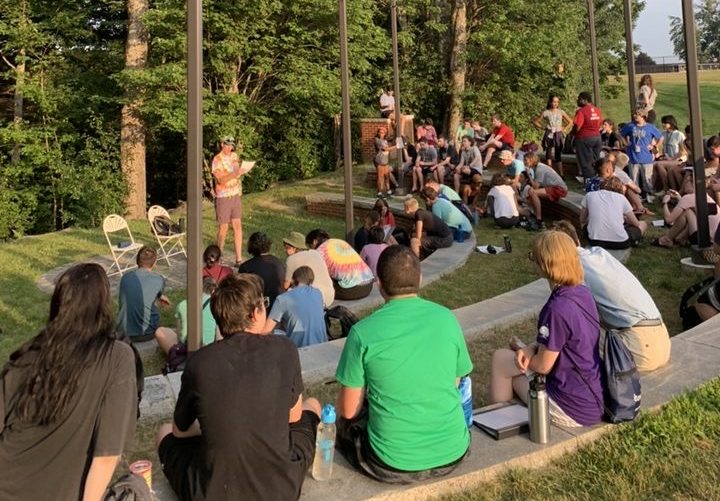Junior year of high school is a critical time for all students. For neurodivergent teens—whether you’re on the autism spectrum, have ADHD, NVLD, or other neurodivergent traits—the process of preparing for college may require additional considerations. A successful transition to college life is not only about academics; it also involves mastering self-advocacy, executive functioning, and social skills.
An excellent way to develop these essential skills is through summer programming. Specialized summer programs can offer neurodivergent teens a unique opportunity to experience college-like environments, practice independence, and receive targeted support to prepare for the challenges ahead.
Here’s a guide for neurodivergent teens on how to make the most of junior year—and how summer programming can help you thrive in college.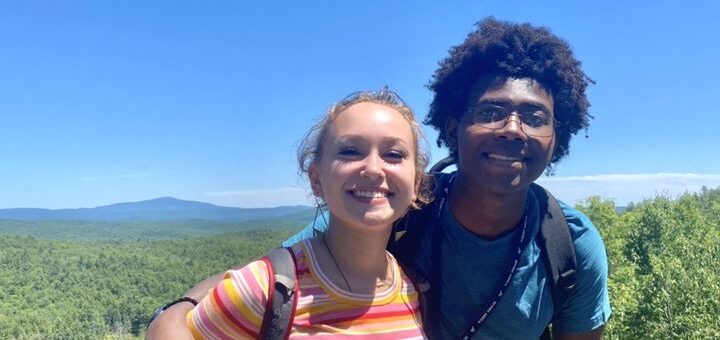
1. Self-Advocacy: Understanding Your Needs and Rights
Self-advocacy is crucial as you transition to college, where you’ll need to communicate your learning and sensory needs to professors, peers, and disability services. If you currently have an IEP (Individualized Education Plan) or 504 Plan, spend time reviewing it with your school counselor or support team. While colleges don’t provide IEPs or 504s, they do offer accommodations under the Americans with Disabilities Act (ADA).
Some important questions to ask yourself:
- What accommodations help me succeed now (e.g., extended time on tests, note-taking support)?
- What sensory or environmental factors impact my learning (e.g., noise levels, lighting, seating)?
- How comfortable am I advocating for myself and explaining my learning differences to others?
Summer programs tailored for neurodivergent teens often include self-advocacy training as part of their curriculum. These programs give you the chance to practice requesting accommodations in a new, supportive environment. Many also offer workshops or seminars on understanding disability rights in college, allowing you to enter your senior year with greater confidence.
2. Exploring College Options: Research and Visits
Not every college is equally equipped to support neurodivergent students. During your junior year, start researching and visiting schools that offer appropriate disability services and specialized programs for students with learning differences. Many colleges have programs specifically designed to support students on the autism spectrum, with ADHD, or with NVLD. These programs often provide additional academic support, tutoring, and opportunities for social connection.
When researching colleges, consider:
- Does the college have a strong disability services office?
- Are there programs or clubs focused on neurodiversity?
- What is the campus culture like? Is there a supportive community for students with different learning styles?
Attending a summer pre-college program can provide a first-hand look at college life. These programs allow you to experience living on campus and navigating dorm life. You’ll get a sense of the type of college environment that’s best for you before starting college applications next fall.
3. Building Executive Function Skills
Many neurodivergent teens are developing their executive functioning, which includes skills like time management, organization, and planning. In college, these skills will be critical since you’ll have more independence and responsibility for managing your own schedule. Junior year is a great time to start improving your executive function abilities, and summer programs can play an essential role in this process.
Here are a few strategies to focus on:
- Use a planner or digital calendar: Start tracking your assignments, extracurriculars, and deadlines. Apps like Google Calendar or Todoist can help.
- Break down tasks into smaller steps: Large projects like research papers can feel overwhelming, so practice breaking them into manageable stages (e.g., research, outline, draft, revision).
- Work on self-monitoring: If you struggle with focus or procrastination, try techniques like the Pomodoro Method (working in timed intervals with breaks).
Many summer programs specifically for neurodivergent teens emphasize building these executive function skills. Whether through workshops on time management or real-world experiences like adapting daily routines to a new schedule, these programs can help you improve the skills needed for college-level work.
4. Social Skills and Building Friendships
Socializing in a new environment can be one of the most daunting aspects of starting college, especially for neurodivergent students who may find making and maintaining friendships more challenging. Junior year is a great time to begin working on these skills in familiar settings, but summer programs can offer a real-world social learning experience.
Many summer camps and pre-college programs designed for neurodivergent teens offer social skills coaching as part of the experience. These programs often include group activities, role-playing scenarios, and facilitated interactions designed to help participants build confidence in social situations.
Attending a summer program gives you the opportunity to meet new people, work in teams, and develop social skills in a supportive and understanding environment—key experiences that will help when you transition to the larger, less structured social world of college.
5. Standardized Testing: Accommodations and Alternatives
If you plan to take standardized tests like the SAT or ACT, start preparing during junior year. Be sure to apply for any necessary accommodations, such as extra time, alternate formats, or breaks. These accommodations can take several months to be approved, so begin early.
Keep in mind that many colleges are now test-optional, meaning you may not need to submit SAT or ACT scores for admission. If standardized testing is a particular area of struggle, research schools that emphasize a holistic admissions process.
6. Building a Support Network
Having a strong support system is essential as you prepare for the transition to college. Start identifying people in your life who can help you through the process, including family, teachers, therapists, and mentors. They can offer guidance and emotional support as you navigate decisions about schools, accommodations, and personal goals.
Many summer programs foster supportive communities where neurodivergent students can connect, build friendships, and share experiences. Forming these connections not only helps you practice social skills, but also gives you a network of peers who understand your journey. You may even meet future college classmates through these programs!
7. Prioritizing Mental Health and Well-Being
College is about more than just academics, and maintaining your mental health is just as important as academic success. Junior year can be stressful, so make time for activities that help you relax and recharge. Whether that’s through a hobby, spending time with friends, or exercising, prioritize activities that boost your mental well-being.
Additionally, summer programs often incorporate wellness workshops, mindfulness training, and relaxation techniques to help students build resilience and stress-management skills—tools you’ll need to thrive in college.
In Conclusion
Preparing for college as a neurodivergent teen can feel like a big task, but junior year offers plenty of opportunities to get ready, especially when you take advantage of specialized summer programming. By focusing on self-advocacy, building executive function skills, and finding more opportunities for social interaction, you can lay a strong foundation for college success. With the support of summer programs, along with research, planning, and a solid support network, you’ll be ready to thrive in your college journey.



